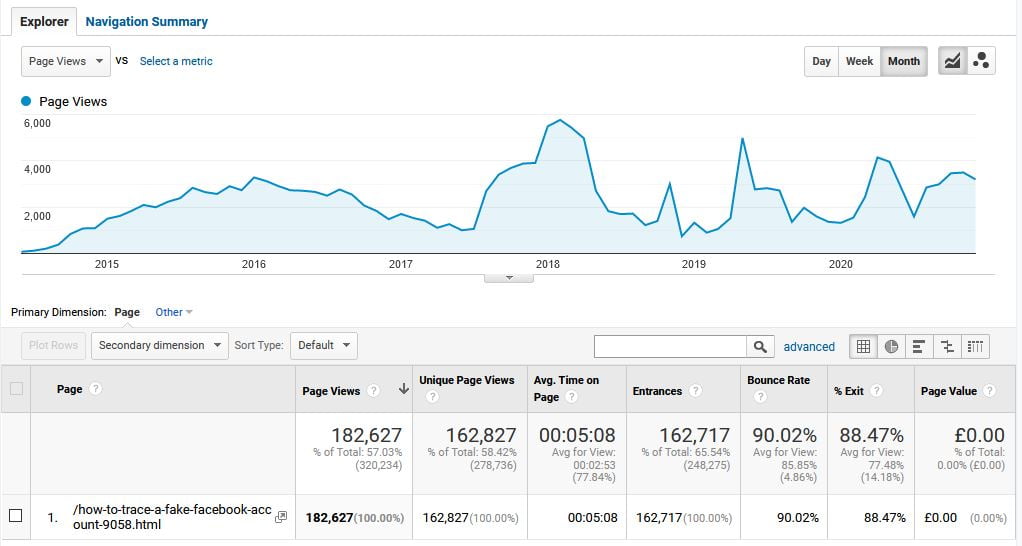Pay Per Click (PPC): are you paying too much per click?
PPC, or pay-per-click, marketing has been around for a number of years now but can still cause some confusion in precisely how it works.
To put it in simple terms, PPC involves placing an ad with a particular keyword. You pay for each time an Internet user clicks through to your site from your advertisement. For Google AdWords, these ads are featured in the ‘sponsored listings’ section of its pages – across the top and down the right hand side of your screen. The confusion comes in when you consider the payment system, which requires site owners to bid on keywords which are ranked by competition. The word ‘bid’ implies some form of auction process, however, it is possible that the ad higher up on the page is paying less per click than one lower down the page, thanks to something called a Quality Score.

How PPC advertising works
The world of pay-per-click advertising is a complicated one. A Quality Score is assigned to each keyword according to a number of factors, including the relevance of the keyword to the ad text, to the landing page itself and the click through rate, to name but a few. For this reason, most businesses choose to use a management company when organising their campaigns. We provide PPC services here at Engage Web, and can incorporate PPC into any of our other services, using our knowledge of your entire marketing campaign to get the best outcomes for your PPC.
Many companies charge management fees based on a percentage of your PPC budget, meaning your fee can be a little unpredictable and is determined by how much you spend with Google. At Engage Web, we have fixed fees based on your budget bracket. This makes budgeting for PPC with us a little easier.

Should I mix SEO and PPC?
When it comes to SEO and PPC, the choice is up to you. PPC can give instant results but can become increasingly expensive at peak times. It can be an ideal way to cheaply test keywords that you might want to add to your SEO campaign for a long term organic ranking or help you to capture more of the ‘real estate’ of the first page of Google once your SEO campaign kicks in, thus keeping your competitors at bay. Our experience is that a mix of SEO and PPC works well, because the two types of campaigns support each other.
A blend of pay-per-click and search engine optimisation can work well, despite how different the two campaign forms are. While PPC tends to provide solid and predictable results in the short term, SEO can provide more predictable and cheaper results over a much longer period. While your SEO is getting off the ground, a PPC campaign can bring traffic and attention to your site, boosting your initial optimisation efforts. When your SEO campaign kicks in and starts to feed a steady flow of traffic to your site, PPC positions can be lowered or its budget focused elsewhere.
If you aren’t making the most of your PPC campaign, is your budget being burned?


